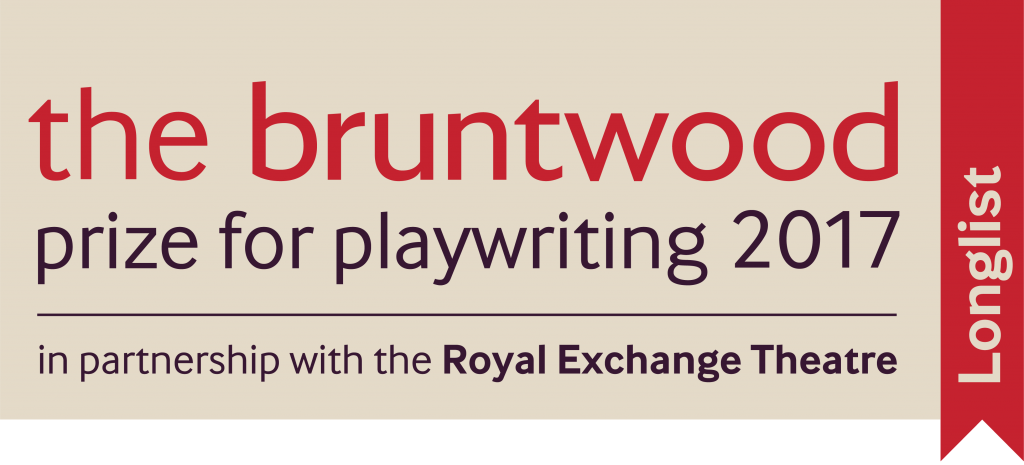A play is essentially a window into a clash of world views. And the dialogue, when it is working well, carries that conflict in such a way that the audience can engage and take sides.
When I’m redrafting a play I’ll often find that a line of dialogue simply ‘feels’ wrong. However many times I read it, and even before I know why, I’ll sense that the line sits uncomfortably within the play.
To diagnose the error it pays to remember that dialogue is only one, imperfect means to see what a character is thinking, and that good dramatic dialogue is always purposeful. In real life people frequently talk to fill the air, but the substance of drama is conflict, and dramatic dialogue reflects that tension.
Words can be used to challenge, to flatter, to undermine, to inspire, to attack, to confuse, to irritate, to encourage, to amuse, to chastise, to protect, to question, to attract, to reject. Even words said lightly carry their lightness of purpose with them on stage.
Playwrights and actors sometimes make a point of identifying the actions represented by lines of dialogue. Each line represents a force played out on stage, by one character upon another. And if a line feels wrong it may be that the action behind the line is ill-defined, inappropriate or unnecessary.
So what effect is the character trying to provoke by using those exact words at that precise time? Is he or she succeeding? And how will the other character(s) respond to this approach?
People can respond in kind or they can react in opposition. They can ignore the conveyed intent or they can snarl and smoulder. Each action has a range of appropriate reactions, like moves upon a chessboard, which build towards a satisfying dramatic exchange.
And there’s no better way to understand the sequence of moves upon your chessboard than by saying the words out loud. You can feel the rhythm of the exchanges, see the repetitions and deviations and understand their effect on your audience.
As I wrote last month, the editing process causes you to jump between the close detail and the general effect, the individual line and the play as a whole. By stepping back you can see whether your dialogue is working at the structural level.
Are the tensions peaking at the right times? Is there sufficient variety of tone and style throughout your dialogue? Quickfire exchanges and prolonged speeches both have their merits, but they can both lose impact if you don’t change things up a little.
Above all, dialogue is a means to express character through action, but remember that there are ways to do this on stage without using dialogue at all. Sometimes the most telling words are those which are left unspoken.
Next time I should have news of a couple of reading events in the Brighton area and an update on my current writing projects.
